- Augusta University
- Instructional Innovation
- Speaking of Higher Ed...
Speaking of Higher Ed...
About The Podcast
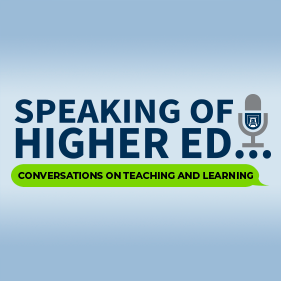
Speaking of Higher Ed exists to create a resource that will inspire and assist faculty in creating engaging and meaningful learning experiences. We hope to provide higher ed faculty with a platform for sharing research related to the scholarship of teaching and learning, spark new instructional ideas, and promote interdisciplinary instructional methods.
Listen and Subscribe Season One (Episodes 1 - 12) Season Two (Episodes 13 - 24) Season Three (Episodes 25-36)
Contact Us
Speaking of Higher Ed Podcast
Use 'Podcast' in the subject line.
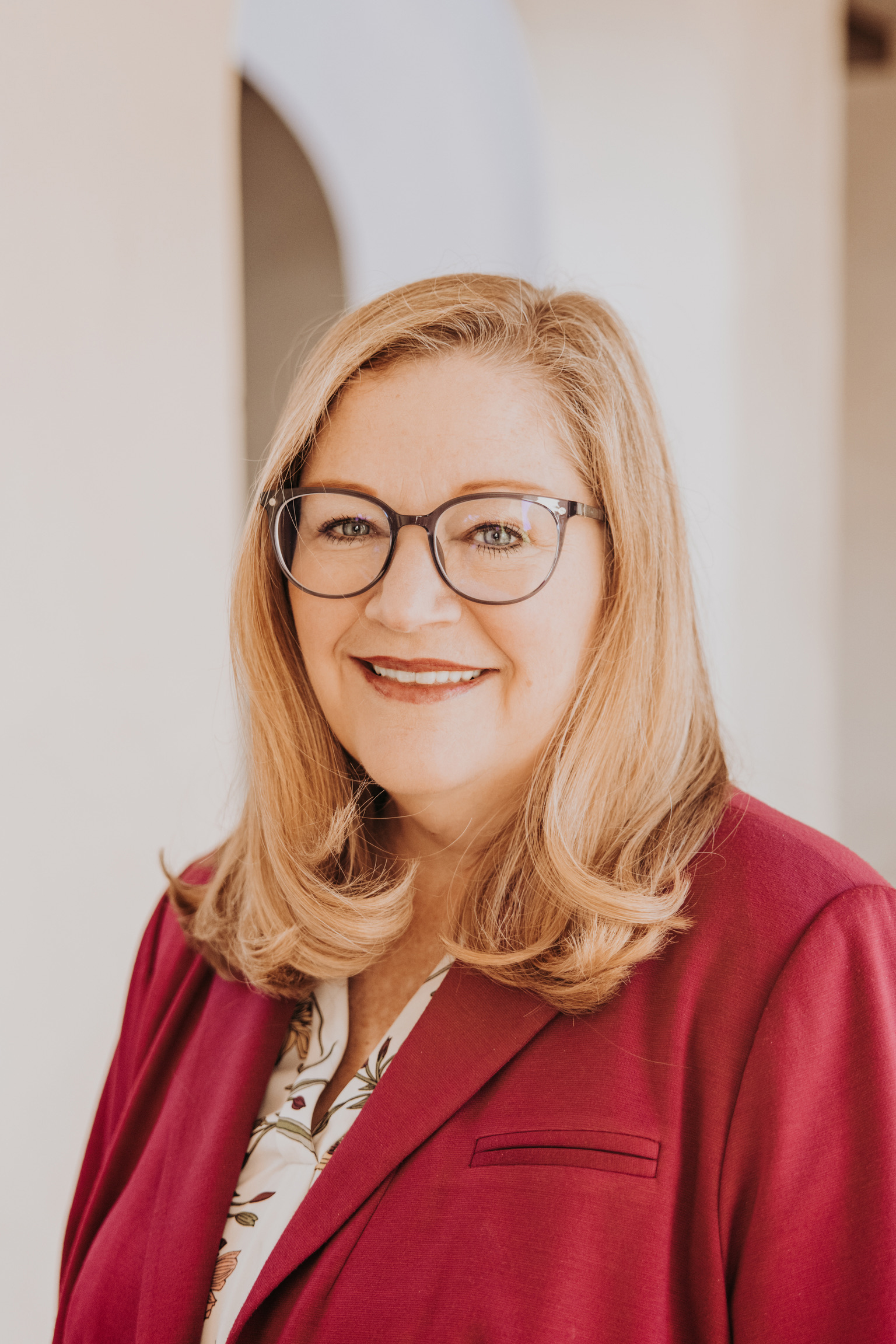
Episode 37: Reflections on Teaching and Learning with Dr. Bonni Stachowiak
January 21, 2026
Dr. Bonni Stachowiak is the host of the Teaching in Higher Ed, a long-running podcast focused on the art and science of teaching. In this episode, she joins us to reflect on what years of conversations with educators have taught her about teaching, learning, and faculty growth.
Our conversation explores curiosity and presence in teaching, the role of relationships in learning, and why failure is often an essential part of meaningful learning experiences. Dr. Stachowiak also shares insights on faculty development, navigating change in higher education, and approaching emerging challenges, including artificial intelligence, with intention rather than urgency.
This episode includes an optional Continuing the Conversation Activity. Use the button below to request the activity for episode 37.
Resources mentioned in this episode:
The following books and thinkers were referenced during the conversation:
What the Best College Teachers Do by Ken Bain
Cheating Lessons by James Lang and his writing on teaching, learning, and academic integrity
The Opposite of Cheating by Tricia Bertram Gallant and David A. Rettinger
Mind Over Monsters by Sarah Rose Cavanagh
Stephen Brookfield and his work on becoming and reflective teaching
Robert Bjork and research on retrieval practice and learning
John Warner and his work on writing and artificial intelligence
The concept of relationship-rich education, including research by Peter Felten
The Teaching in Higher Ed AI resource page is a large collection of diverse resources related to artificial intelligence in higher education
Featured quotes in this episode:
On curiosity as a starting point for learning
“I think human beings are naturally curious, you know, you just kind of have to spark it and point it in a direction.” - Bonni Stachowiak
On assumptions we carry about teaching and learning
“We’ve really been socialized to believe a lot of wrongheaded things about learning, about relationships, about, and I go back to the writing that I’ve done about productivity.” - Bonni Stachowiak
On the limits of the instructor role
“I failed at that because I couldn’t show up and be everything to everyone. No one can show up and be everything to everyone, but we can cultivate these relationships.” - Bonni Stachowiak
About the Hosts
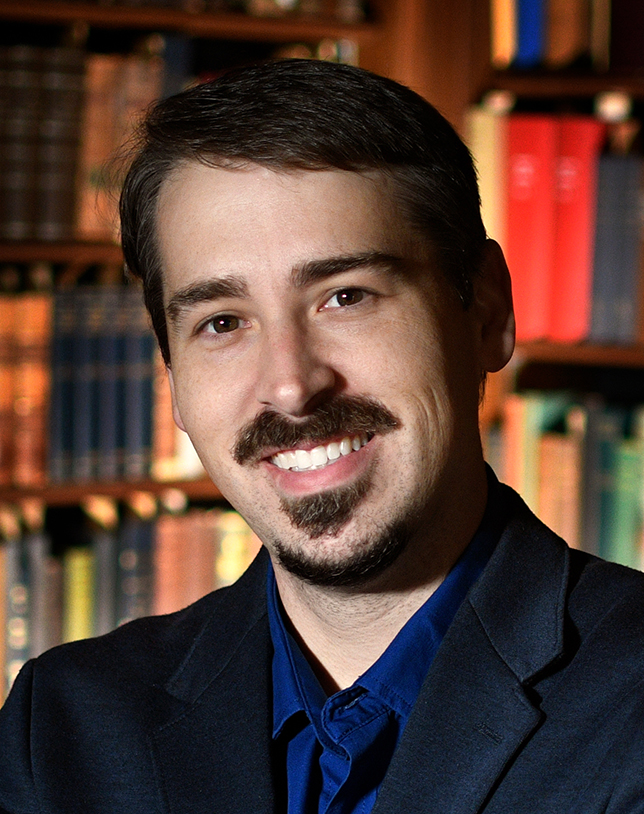 Andrew Everett is a Faculty & Instructional Developer in the Center for Instructional Innovation
(CII) with a focus on video and multimedia production and is the producer of Speaking of Higher Ed. Andrew is also an adjunct instructor in the Department of Social Sciences. After
nearly a decade in TV news, Andrew came to Augusta University in 2019 as a video producer
for Communications & Marketing before moving to the CII in 2022. Andrew has been awarded
numerous Georgia Associated Press awards, an EMMA award from the National Academy
of Television Arts & Sciences, and two silver Telly awards for his work on the short
film Augusta Gives: Back to the Future and for an educational video for physical therapy students. He also holds Sententia’s
Gamification Surveyor Certification (Level 1). Andrew earned a BS in Digital Cinematography
from Full Sail University and a Master of Public Administration degree from Augusta
University.
Andrew Everett is a Faculty & Instructional Developer in the Center for Instructional Innovation
(CII) with a focus on video and multimedia production and is the producer of Speaking of Higher Ed. Andrew is also an adjunct instructor in the Department of Social Sciences. After
nearly a decade in TV news, Andrew came to Augusta University in 2019 as a video producer
for Communications & Marketing before moving to the CII in 2022. Andrew has been awarded
numerous Georgia Associated Press awards, an EMMA award from the National Academy
of Television Arts & Sciences, and two silver Telly awards for his work on the short
film Augusta Gives: Back to the Future and for an educational video for physical therapy students. He also holds Sententia’s
Gamification Surveyor Certification (Level 1). Andrew earned a BS in Digital Cinematography
from Full Sail University and a Master of Public Administration degree from Augusta
University.
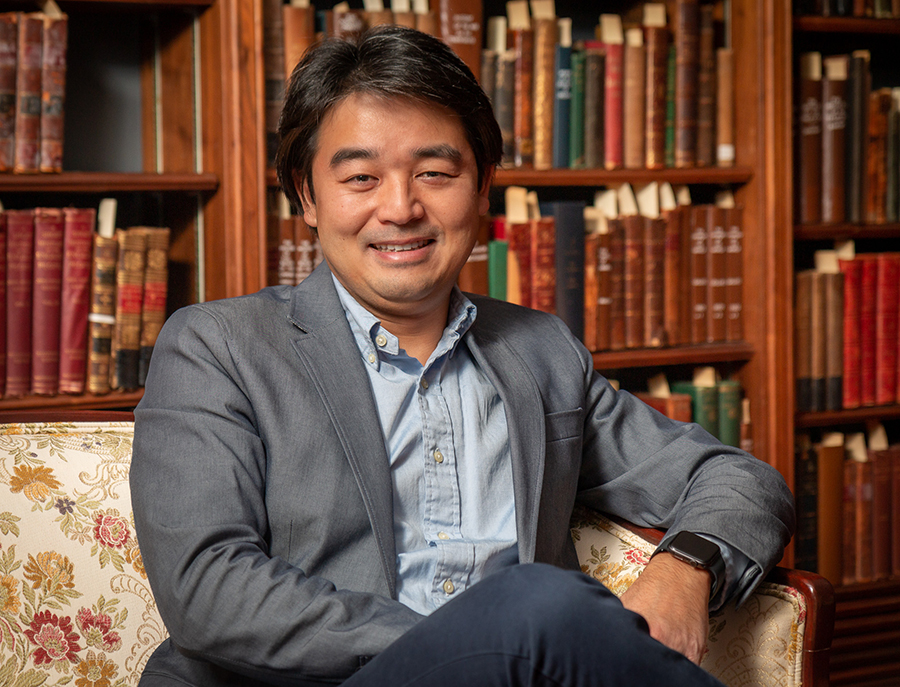 As a visual storyteller, Arthur Takahashi has worked in TV, public relations, and now instructional design. In his professional
career, he has seen how visuals can touch people, how stories can stick with them
for a lifetime and how shared emotional experiences can create a strong bond among
them. His work has led him to three Southeast Regional Emmy Awards nominations for
promo, documentary, and animation. He has also won a regional Edward R. Murrow Award
for hard news, two Georgia Association of Broadcasters awards for best locally-produced
program and best use of digital platforms, two Georgia Associated Press Awards for
investigative reporting and general reporting, a bronze Telly Award for documentary.
As an instructional designer, he also placed first at the 2021 Adobe eLearning Design
Awards and won a silver Telly for best use of 2D animation and a silver Telly for
an educational video in the health and safety category. Since Arthur joined CII, he
has helped create faculty development offerings that have impacted hundreds of AU
faculty. He holds the Sententia’s Gamification Surveyor Certification (Level 1) and
is a QM-certified APPQMR online facilitator. Arthur has a bachelor’s degree in mass
communication, a master’s degree in history and a master’s degree in public administration.
As a visual storyteller, Arthur Takahashi has worked in TV, public relations, and now instructional design. In his professional
career, he has seen how visuals can touch people, how stories can stick with them
for a lifetime and how shared emotional experiences can create a strong bond among
them. His work has led him to three Southeast Regional Emmy Awards nominations for
promo, documentary, and animation. He has also won a regional Edward R. Murrow Award
for hard news, two Georgia Association of Broadcasters awards for best locally-produced
program and best use of digital platforms, two Georgia Associated Press Awards for
investigative reporting and general reporting, a bronze Telly Award for documentary.
As an instructional designer, he also placed first at the 2021 Adobe eLearning Design
Awards and won a silver Telly for best use of 2D animation and a silver Telly for
an educational video in the health and safety category. Since Arthur joined CII, he
has helped create faculty development offerings that have impacted hundreds of AU
faculty. He holds the Sententia’s Gamification Surveyor Certification (Level 1) and
is a QM-certified APPQMR online facilitator. Arthur has a bachelor’s degree in mass
communication, a master’s degree in history and a master’s degree in public administration.
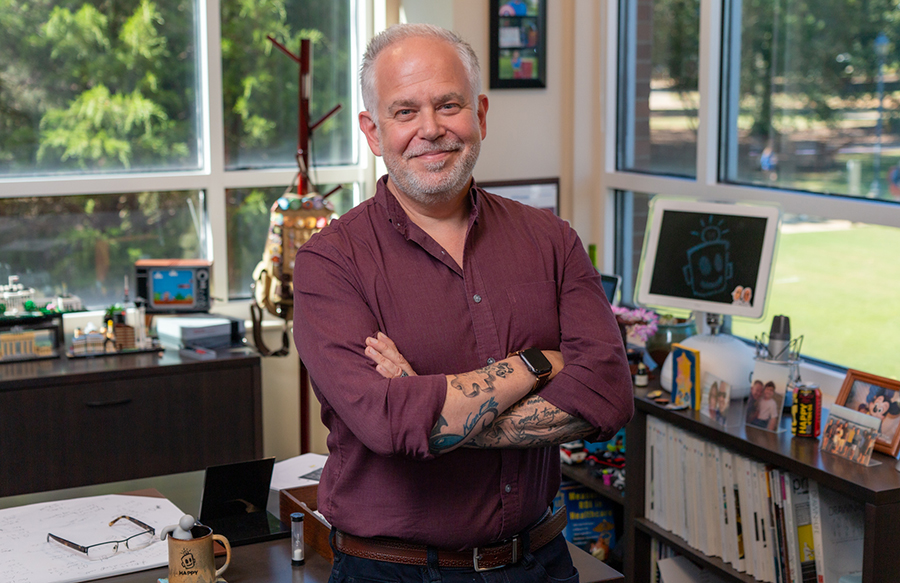 Jeff Mastromonico is the Director of Instructional Innovation for CII. Jeff is celebrating his 24th
year in higher education and his 14th year with Augusta University. Jeff has a BS
in Business Administration, an M.Ed in Educational Technology from USC, a master's
certification in gamification and game-based learning, and is currently pursuing a
doctorate in Educational Innovation. Jeff has been awarded numerous awards for his
work in the design and development of multimedia, e-learning, and game development,
including the international Serious Play award and Adobe's Golden E-Learning Award.
Jeff Mastromonico is the Director of Instructional Innovation for CII. Jeff is celebrating his 24th
year in higher education and his 14th year with Augusta University. Jeff has a BS
in Business Administration, an M.Ed in Educational Technology from USC, a master's
certification in gamification and game-based learning, and is currently pursuing a
doctorate in Educational Innovation. Jeff has been awarded numerous awards for his
work in the design and development of multimedia, e-learning, and game development,
including the international Serious Play award and Adobe's Golden E-Learning Award.